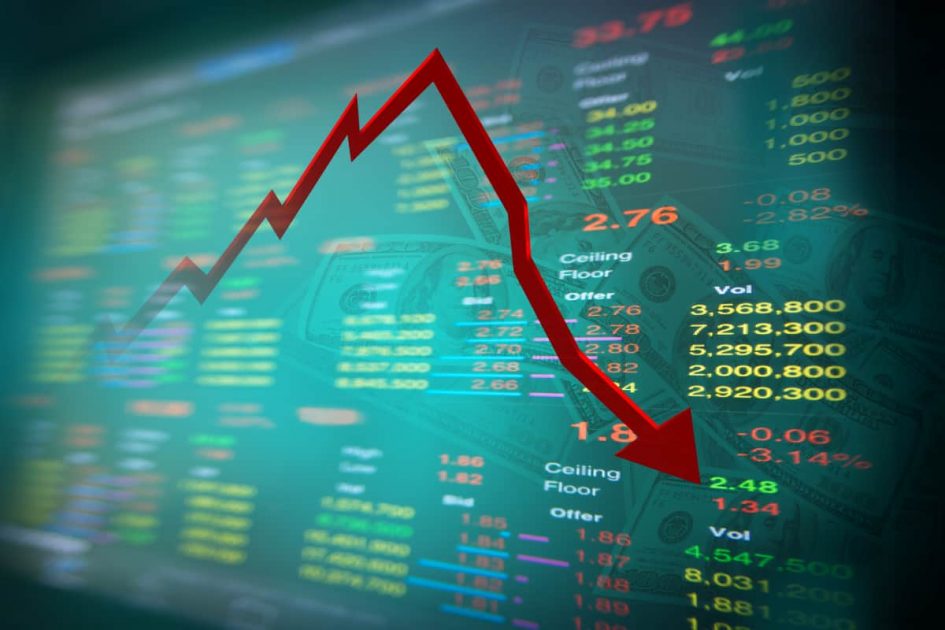The answer to this question is ‘no one knows’, and all that most of us can do is to guess. Here is my view.
Being an entrepreneur and considering that most stats indicate a 10% success rate for start-ups, I wouldn’t want more uncertainty and would vote to stay in the EU. However, that doesn’t mean that I disagree with the arguments of the leave campaigners; for me, the most important thing is to see my start-up succeed, and for that, status quo and clarity work best.
Most people may not realise, but the vote on EU referendum could significantly affect our near and distant future. Unfortunately, most people will not be able to make informed decisions as both the remain and leave campaigns have done an appalling job of showing a complete unbiased view to the public.
In my article from Feb this year ‘How will Brexit affect UK startups?’, I had already discussed how uncertainty, pound depreciation, investment, bureaucracy, and lack of talent could affect start-ups after Brexit. Now, let’s now think how it may affect the global economies.
Both sides agree that if Brexit happens, both UK and EU will struggle in the short run
While both sides disagree on the medium to long term impact of breaking away from the EU, they agree that in the short run, there will be a knee jerk reaction – the pound may depreciate, businesses may suffer, and may result in job losses. In the long run, the leave campaigners believe that it’s the best thing to do. With the amount of information we have, I’m just not sure how anyone could predict our fate going forward.
Even if we leave the EU, we are still impacted by the fate of the EU
Yes, so, do I agree that we can have the same trade and business relationship with the EU after Brexit like we do now? Maybe, or maybe not. In today’s interconnected world, issues in China affect global economies. Similarly, if after Brexit, the EU weakens, Frexit happens, and Euro suffers, this will have an impact on our economy.
With global economy being so fragile, Brexit could lead the World economy back into a recession
We still haven’t yet fully recovered from the 2008 recession, and Brexit could take us back to those tough years again. Yes, we can make all decisions based on impact on financial markets, but remember that the lifestyle we live today is a result of capitalism.
The rich may get through the short term downturn, but the poor are the ones who’ll suffer the most
If you just about get-by or have major monthly payment commitments such as mortgage, etc, be worried, be very worried. If we head right back into recession, it could lead to job losses, pay cuts, and the poor will suffer.
The divide between the rich and the poor will only increase. The rich usually can hedge their portfolios, take advantage of beaten down stocks and properties, and can even gain by shorting the markets i.e. making money from the markets and economies declining.
Immigration control through Brexit might backfire and result in more job losses for Britons
Immigration is one of the key issues raised, and there are different reports as to whether or not immigration helps or adversely affects the British economy and jobs, etc. In the case of Brexit, our friends from Eastern Europe can no longer come and “steal” jobs in the UK. This will result in more jobs for the locals at the lower end of the market, for example in retail, but with lower supply of labour, the costs will rise very quickly. If a recession happens, the consumer spending power will go down and businesses will have to shut down leading to job losses again. Your answer to whether immigration is good or bad typically depends on if you are an economist or a politician.
Exports may be competitive if the currency falls, but higher costs of imports could cause inflation and may result in interest rate hikes
There is an argument that depreciating currency may be good for exports and economies, but most people forget how it could affect imports and may cause inflation which may require the central bank to take tough measures including higher interest rates on your mortgage.
UK may lose the advantage of being in the center of the World and time zones and may not be the first choice for European headquarters for international companies
For the last few years, several financial institutions have evaluated whether London is the best place for them to be in Europe. They’ll now have one more reason to move their business elsewhere.
Summary
For us in the UK, this will be one of the toughest choices that we have had to make in recent years, and I sincerely hope that people weigh in the pros and cons even with the limited information that we have access to. My view is that in 2016, we shouldn’t be building more walls. Who knows, we in the UK may ourselves need help in the future.
If you want to stay abreast of breaking news on Brexit, GBP/USD, GBP/EUR, and FTSE100, you can do that on our site CityFALCON.




30/12/2016 at 4:03 am
whoah this blog is excellent i love reading your posts. Keep up the great work! You know, a lot of people are looking around for this info, you could aid them greatly.